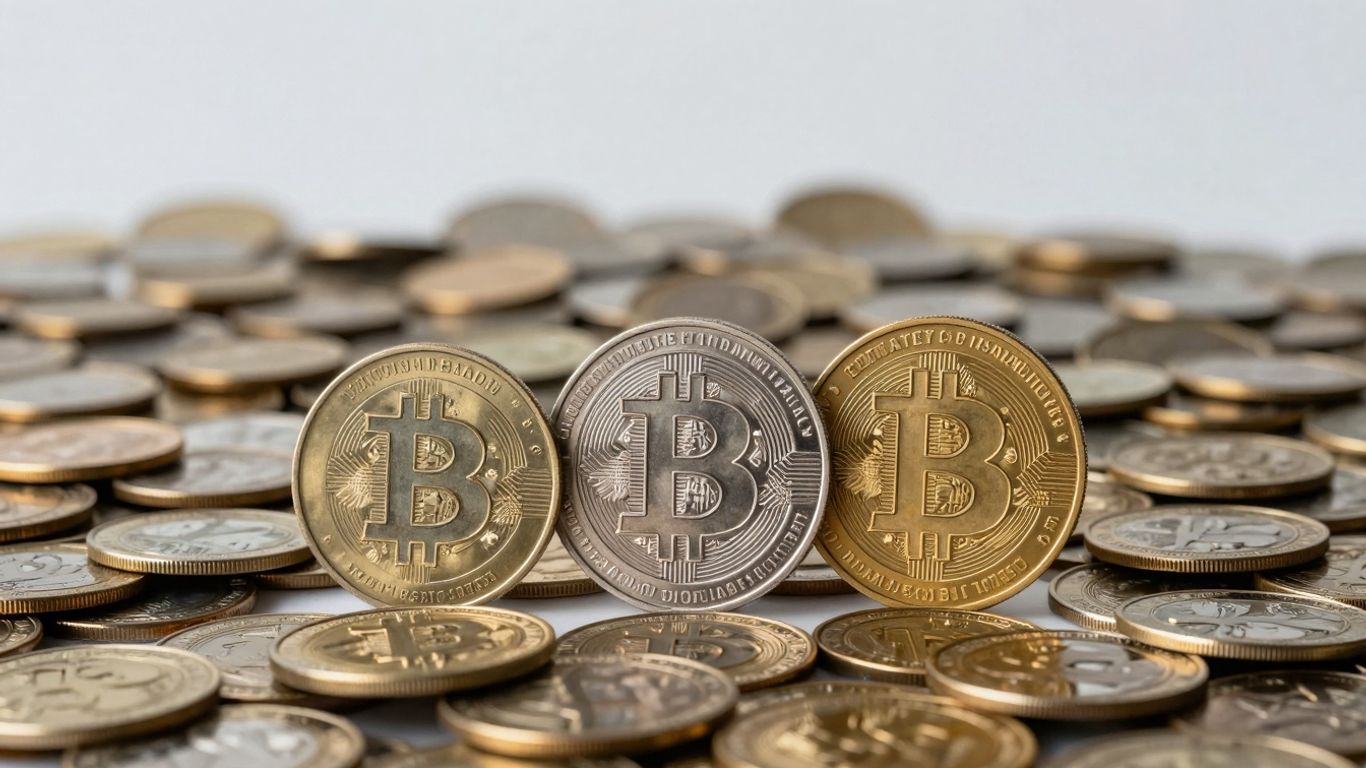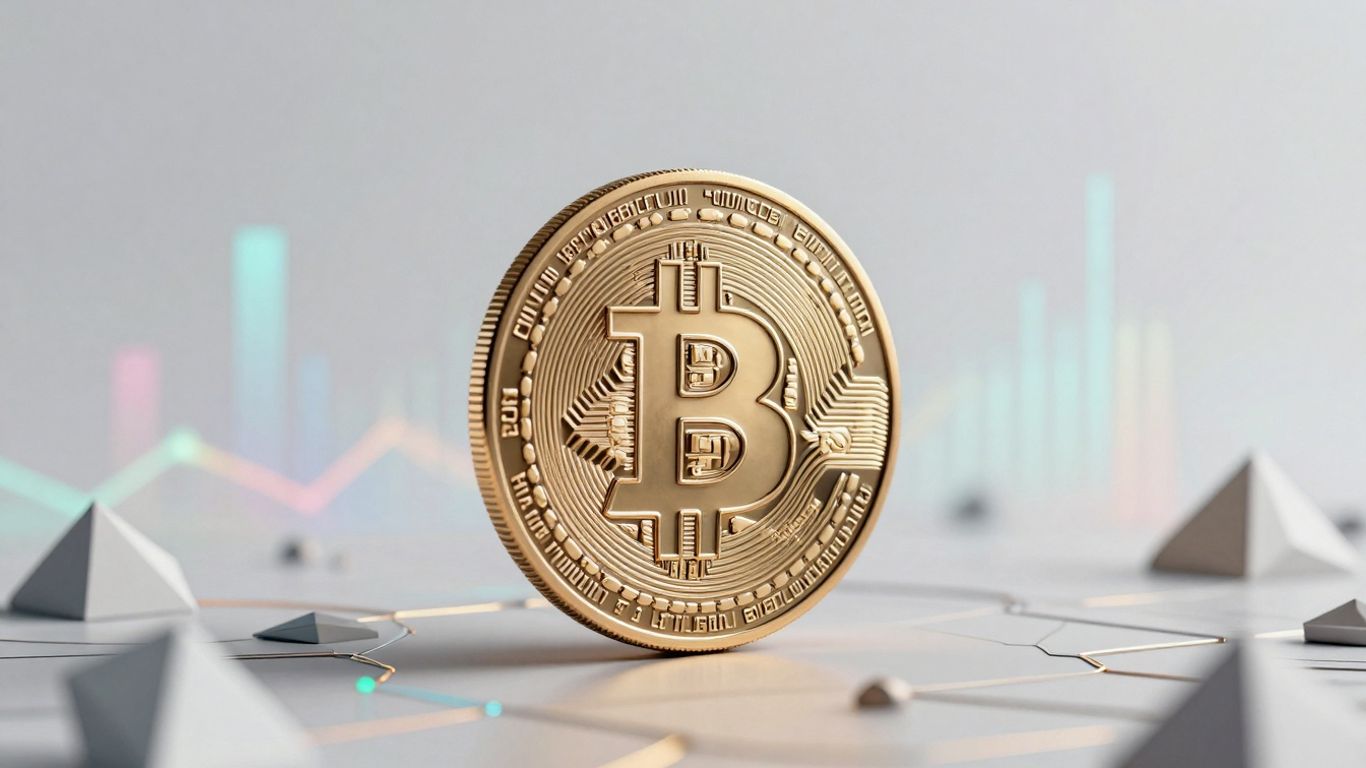[ newsletter ]
Stay ahead of Web3 threats—subscribe to our newsletter for the latest in blockchain security insights and updates.
Thank you! Your submission has been received!
Oops! Something went wrong. Please try again.
Explore how AI enhances blockchain audits, improving efficiency, security, and cost-effectiveness in smart contracts.





In today's digital world, the combination of artificial intelligence (AI) and blockchain technology is changing how we handle audits. AI helps make blockchain audits faster, cheaper, and more accurate. This article explores why using AI in blockchain audits is essential for improving efficiency and security. From detecting vulnerabilities to ensuring compliance, AI is becoming a crucial tool in the auditing process.

In the world of blockchain audits, AI technology plays a crucial role in making processes faster and more accurate. By leveraging AI, auditors can automate tasks like data entry and analysis, leading to increased efficiency and precision in the audit process. Here’s how AI enhances blockchain audit efficiency:
The integration of AI in blockchain audits not only streamlines processes but also enhances the overall security and reliability of audits, making them more effective in today’s fast-paced digital environment.
AI plays a crucial role in spotting common vulnerabilities in smart contracts. By analyzing vast amounts of code, AI can quickly identify potential flaws that might be missed by human auditors. This enhanced detection helps developers fix issues before they lead to significant problems.
While AI is powerful, it works best when combined with human expertise. Auditors can use AI tools to streamline their work, allowing them to focus on complex issues that require a human touch. This collaboration ensures that smart contracts are not only secure but also compliant with regulations. The partnership between AI and human auditors is essential for effective audits.
The future of smart contract security is bright, with AI leading the way. As technology evolves, we can expect:
The integration of AI in smart contract audits is not just a trend; it's a necessary evolution to keep up with the growing complexity of blockchain technology.
In summary, AI is transforming the landscape of smart contract audits, making them more efficient and reliable. By leveraging AI's capabilities, we can ensure that smart contracts are secure and trustworthy, paving the way for a safer blockchain environment.
AI technology can significantly lower the costs associated with blockchain audits. By automating many of the manual processes, organizations can save up to 90% on audit costs. This makes security audits more accessible for projects of all sizes, allowing even smaller companies to ensure their systems are secure without breaking the bank.
The speed of audits is greatly enhanced with AI. Traditional audits can take weeks or even months, but AI can complete these tasks in a matter of hours. This rapid turnaround allows companies to launch their projects faster and respond to vulnerabilities more quickly.
With the cost and time savings provided by AI, security audits become more accessible to a wider range of projects. This democratization of security means that more blockchain projects can afford to have their systems audited, leading to a more secure ecosystem overall.
The integration of AI in blockchain audits not only enhances efficiency but also ensures that security measures are within reach for all projects, paving the way for a safer digital future.
AI is changing the way we detect threats in blockchain systems. By using machine learning, AI can analyze large amounts of data quickly. This helps in identifying unusual patterns that might indicate a security issue. Here are some key techniques:
With AI, organizations can anticipate threats before they happen. By analyzing trends and patterns, AI can help teams prepare for possible attacks. This proactive approach is crucial in today’s fast-paced digital world. AI-powered systems can:
AI enables real-time monitoring of blockchain networks. This means that any suspicious activity can be flagged immediately. Quick responses can prevent potential breaches. Here’s how AI enhances risk assessment:
The integration of AI in blockchain security is a game-changer. It not only enhances detection but also improves response times, making systems more secure.
In summary, AI-driven threat detection and prevention is essential for maintaining the integrity of blockchain systems. By leveraging advanced techniques, predictive intelligence, and real-time assessments, organizations can significantly enhance their security posture.
AI plays a crucial role in continuous monitoring of blockchain systems. By analyzing data in real-time, AI can detect unusual patterns and potential threats before they escalate. This proactive approach helps maintain the integrity of the blockchain. Here are some key benefits:
With AI, the data integrity of blockchain networks is significantly improved. AI algorithms can verify transactions and ensure that data remains unaltered. This is vital for maintaining trust among users. Key aspects include:
AI can also facilitate automated fixes and updates to smart contracts. This means that when vulnerabilities are detected, AI can suggest or implement solutions without human intervention. This leads to:
The integration of AI in blockchain security not only enhances efficiency but also ensures a more robust defense against potential threats.
In summary, AI is essential for ensuring comprehensive security in blockchain systems. Its capabilities in continuous monitoring, data integrity, and automated fixes make it a powerful ally in the fight against cyber threats.
The future of blockchain audits is bright, especially with the evolving AI technologies that are set to enhance the auditing process. These advancements will likely include:
As blockchain technology continues to grow, the integration of AI with decentralized networks will become crucial. This integration will help in:
With the rise of AI in blockchain audits, regulatory compliance will also evolve. AI can help organizations stay compliant by:
The combination of AI and blockchain technology is not just a trend; it is a necessary evolution that will redefine how audits are conducted, making them faster, cheaper, and more reliable.
In summary, the future of blockchain audits will be shaped by AI technologies, integration with decentralized networks, and a focus on regulatory compliance. This will lead to a more efficient and secure auditing process, ultimately benefiting all stakeholders involved.

One major challenge in using AI for blockchain audits is the ethical implications. As AI systems analyze vast amounts of data, they can inadvertently introduce biases. To tackle this, organizations must:
AI technology is still evolving, and there are technical hurdles that need to be addressed. Some of these include:
With the rise of AI, data privacy becomes a significant concern. Organizations should:
The integration of AI in blockchain audits is not just about efficiency; it’s also about building trust and ensuring security in a rapidly changing digital landscape.
In conclusion, the integration of AI into blockchain audits is not just a trend; it's a necessary evolution. By combining AI's speed and accuracy with human expertise, we can significantly enhance the security of smart contracts. This partnership allows AI to quickly spot common weaknesses, while skilled auditors can address the latest threats and updates. Rather than replacing human auditors, AI empowers them to work more efficiently. As we move forward, the collaboration between AI and blockchain will play a crucial role in making smart contract security stronger and more reliable. Ultimately, this will help protect users from scams and hacks, ensuring a safer cryptocurrency environment.
AI helps make blockchain audits faster and more accurate by finding problems and checking rules automatically.
AI can spot common mistakes in smart contracts and work together with human experts to fix them quickly.
Using AI can lower the costs of audits by up to 90% and speed up the process, making it easier for more projects to get audited.
Yes, AI can analyze data in real-time to find and prevent potential threats before they cause harm.
AI can monitor blockchain systems continuously, ensuring that any security issues are identified and fixed immediately.
AI must deal with ethical concerns, technical issues, and the need to protect user data while improving security.


